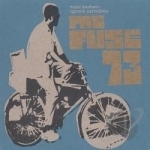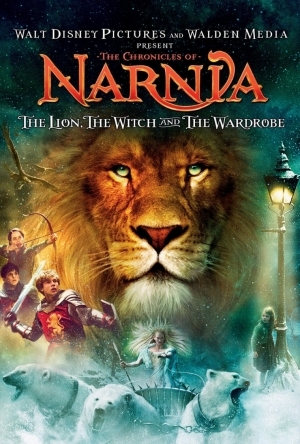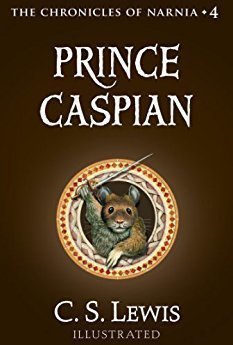Search
Mark Halpern (153 KP) rated The Chronicles of Narnia: The Lion, the Witch and the Wardrobe (2005) in Movies
Feb 7, 2018
The book comes to life
The story of 4 siblings who are sent to live outside if england during WWII. The go and live on a estate with many different rooms for playing games like hide and seek. During a game young Lucy hides in an old wardrobe and ends up in a magical land ruled by an evil ice queen. She tries and convince her other siblings Edmund,Peter and Susan that this winderful and magical land exisits but, they don't buy it. During one game Edmund the youngest brother hides with her and experiences first hand of this wonderland of sorts but, there is a prophey that 2 kings and 2 queens will come free Narnia. Evuntually they all get to experience Narnia and learn of the prohecy and go to meet the king Aslan to understand it all. Will they free Narnia and get home or will they be traped forever
One of my favorite book ever as a kid and was so happy they did it justice.
One of my favorite book ever as a kid and was so happy they did it justice.
David McK (3721 KP) rated Prince Caspian (Chronicles of Narnia, #2) in Books
Jan 28, 2019
Recently, I've been re-working my way through the Narnia books, going by order of setting.
With that in mind, this is the fourth in the series (while it may only have been the second published) and sees the Pevensie children returning to the magical Land of Narnia - a land in which, it is discovered, centuries have passed despite only a year passing in 'our' world and in which Narnia itself has since been conquered.
The Prince Caspian of the title is now the rightful heir to the throne, but is on the run from and at war with his uncle, who wants to kill him now that he has his own heir. Following defeat, in desperation Caspian blows Susan's magical horn which summons her (and Peter, and Lucy, and Edmund) back to the land, just in time to aid him ...
As before, it's pretty easy to see the Christian allegory in this (particularly in the passages where nobody except Lucy can see Aslan), but again: so what?
With that in mind, this is the fourth in the series (while it may only have been the second published) and sees the Pevensie children returning to the magical Land of Narnia - a land in which, it is discovered, centuries have passed despite only a year passing in 'our' world and in which Narnia itself has since been conquered.
The Prince Caspian of the title is now the rightful heir to the throne, but is on the run from and at war with his uncle, who wants to kill him now that he has his own heir. Following defeat, in desperation Caspian blows Susan's magical horn which summons her (and Peter, and Lucy, and Edmund) back to the land, just in time to aid him ...
As before, it's pretty easy to see the Christian allegory in this (particularly in the passages where nobody except Lucy can see Aslan), but again: so what?
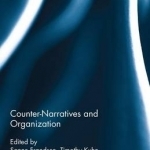
Counter-Narratives and Organization
Timothy Kuhn, Sanne Frandsen and Mariann Wolff Lundholt
Book
Counter-Narratives and Organization brings the concept of "counter-narrative" into an organizational...
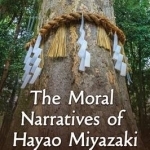
The Moral Narratives of Hayao Miyazaki
Book
Widely regarded as Japan's greatest animated director, Hayao Miyazaki creates films lauded for...
